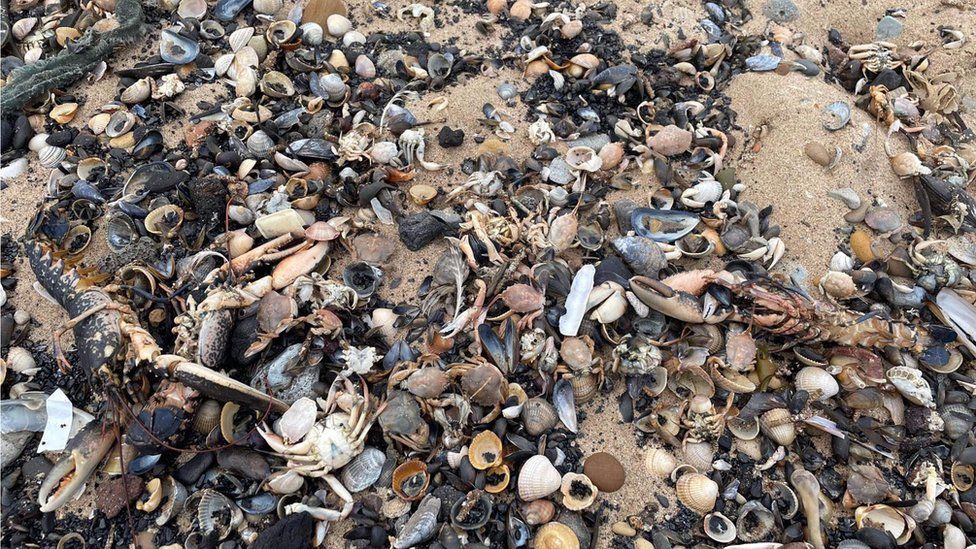 Sally Bunce
Sally BunceA disease or parasite new to UK waters may have caused the deaths of thousands of shellfish along the North East and North Yorkshire coast, a report said.
A panel of 12 experts found it was “about as likely as not” a new pathogen caused the die-off in late 2021.
They said it was “very unlikely” regular dredging of the River Tees caused it, while capital dredging was “exceptionally unlikely”.
They also ruled out the chemical pyridine as “very unlikely”.
And an algal bloom was “unlikely” to be the cause, however, current data, they said, “cannot be definitive”.
The government previously blamed harmful algae, while fishers commissioned a report which suggested it was due to pyridine, an industrial chemical.
‘Twitching’ dying creatures
That previous academic research, backed by the fishing industry, had suggested the deaths could have been caused by the chemical, possibly from dredging in the mouth of the River Tees to maintain channels for port traffic.
The mass die-off of marine life on 40 miles (70km) of coastline from Hartlepool to Whitby saw crustaceans washed ashore between October and December 2021, with dying creatures “twitching” and displaying lethargic behaviour.
Although there was no direct evidence of a disease or parasite, the new report added that theory would explain this movement in the shellfish.
But it said it was possible a combination of factors – rather than one considered by the panel – could have led to the “unusual” deaths.
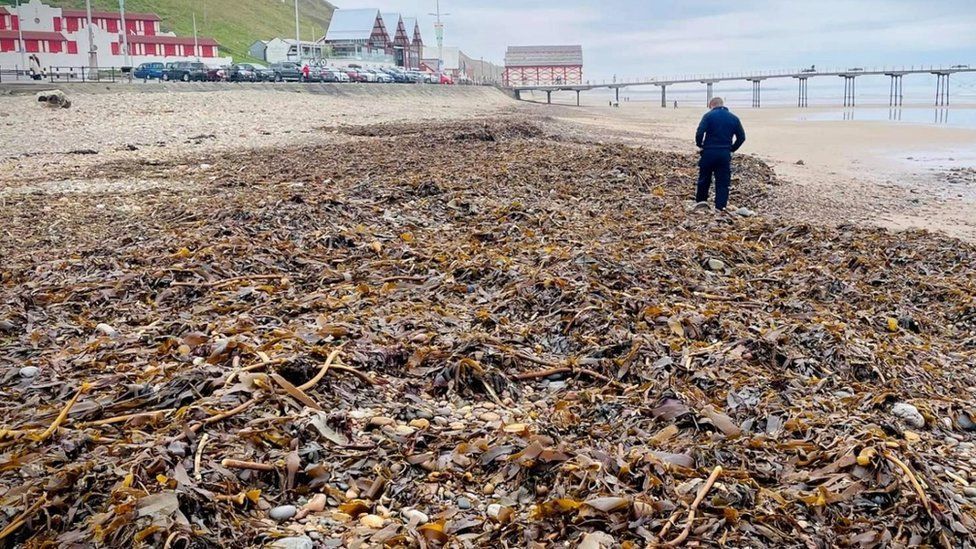
The panel was established with experts from academia and industry with a “range of knowledge and experience”, the Department for Environment, Food and Rural Affairs (Defra) said.
Tammy Horton, of the National Oceanography Centre, who was one of the 12 experts said the process had been “interesting but frustrating”.
“I wish we could have come up with a conclusion but none of it is definitive,” she said.
“We’ve come up with more questions than answers.
“We’ve been able to rule things out but we haven’t been able to confidently rule things in.
“We haven’t found evidence of a new pathogen – we’re just saying there could be a new pathogen.”
She added it was “highly unlikely” a pathogen that affected crabs could pose a threat to human health.
The panel said there was the possibility to re-examine samples taken in 2021, although it added it “may not be feasible”.
Another of the panel’s experts, Crispin Hallsall, an environmental chemist at Lancaster University, said his laboratory had not done additional analysis.
‘Explore all avenues’
“We only came together in December,” he said.
“This is a desk-based study. We’ve tried to explore all those avenues.”
However, he said this report “puts the pyridine story to bed”.
MPs probing the crustacean deaths previously criticised the government-commissioned investigation for a “lack of transparency”.
The Environment, Food and Rural Affairs Committee had expressed concerns over a lack of transparency and communication about the report, including – at the time – revealing which experts were chosen to make up the panel.
The report said pathogens known to cause similar symptoms had caused crustaceans to die around the world.
It said no significant pathogens were identified in the North East case but “full molecular screening was not conducted at the time of the initial investigation”.
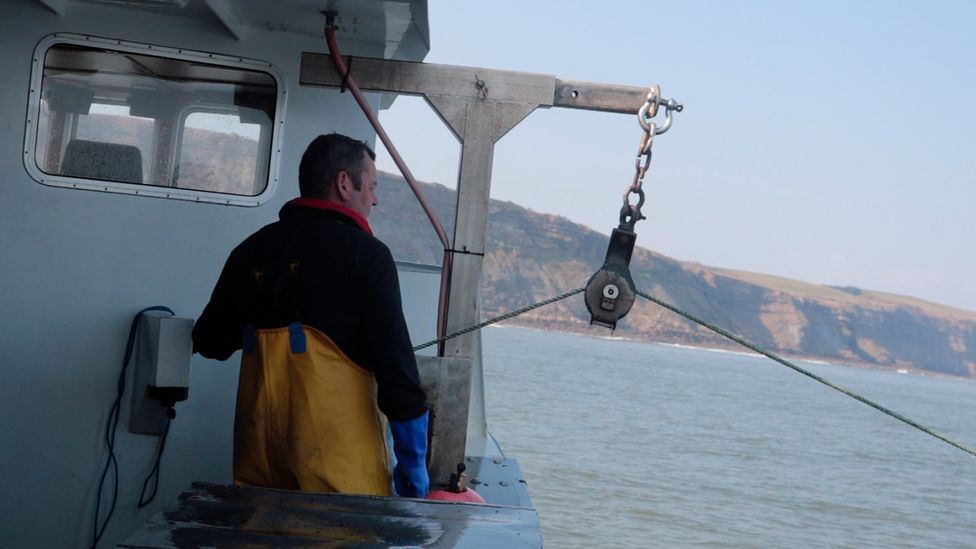
Defra chief scientific adviser Gideon Henderson said the report – by “leading marine scientists” – was “unable to identify a single clear cause” but had pointed to those more likely to explain the outbreak.
Simon Clarke, Middlesbrough South and East Cleveland’s Conservative MP, said it was now “definitively clear” the deaths were not caused by “either capital or maintenance dredging of the Tees or anything else associated with the Teesworks site”.
He said it was a “concern” investigators had suggested an unknown pathogen was to blame, adding: “There is now more to be done to investigate this and also to look at the support that we can offer our local fishermen to recover.”
Fishermen, including Adrian Noble in Whitby, had described the situation with the die-offs as “horrendous”.
Redcar Conservative MP Jacob Young said that after the “apocalyptic scenes” seen on the beaches, “our focus should now turn to how we help support our fisherman rebuild the industry on Teesside”.
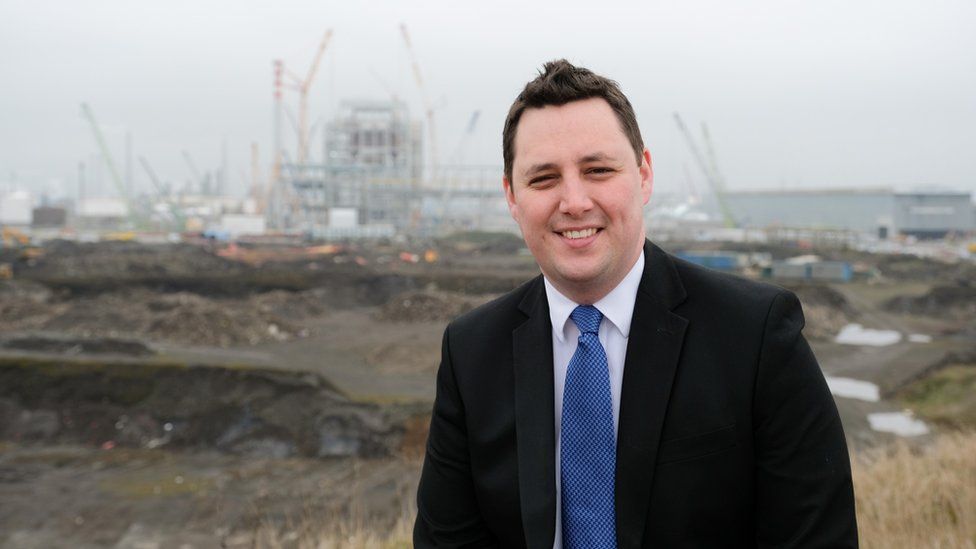
Tees Valley Mayor Ben Houchen said the report “made it clear” neither dredging nor work for the freeport had played a part in the die-off.
“When I was elected, I promised former steelworkers who worked on that site that I would create a new thriving industry of the future with thousands of good-quality local jobs for local people,” he said.
“Today, backed by the science, we can look every single one of them in the eye and say the work we are doing, in an area that means so much to so many people, is safe and is of the highest possible standard.”
He said the deaths had been “devastating” for the fishing community and it was essential the government supported fishermen and helped them recover.
However, Stockton North’s Labour MP Alex Cunningham said he considered the matter “very much not closed”, calling for further investigations and Andy McDonald, Middlesbrough’s Labour MP, said the report “resolves nothing”.

Follow BBC North East & Cumbria on Twitter, Facebook and Instagram. Send your story ideas to [email protected].
-
Eleven organisations make up shellfish-death panel
-
4 days ago

-
-
Fishermen fear further shellfish die-off
-
5 days ago

-
-
MPs call for shellfish inquiry to be transparent
-
13 December 2022

-
-
Government to examine chemical crab death study
-
4 October 2022

-
-
Toxic chemical could have killed crabs, study says
-
29 September 2022

-
-
Fishermen begin legal campaign over dead shellfish
-
31 August 2022
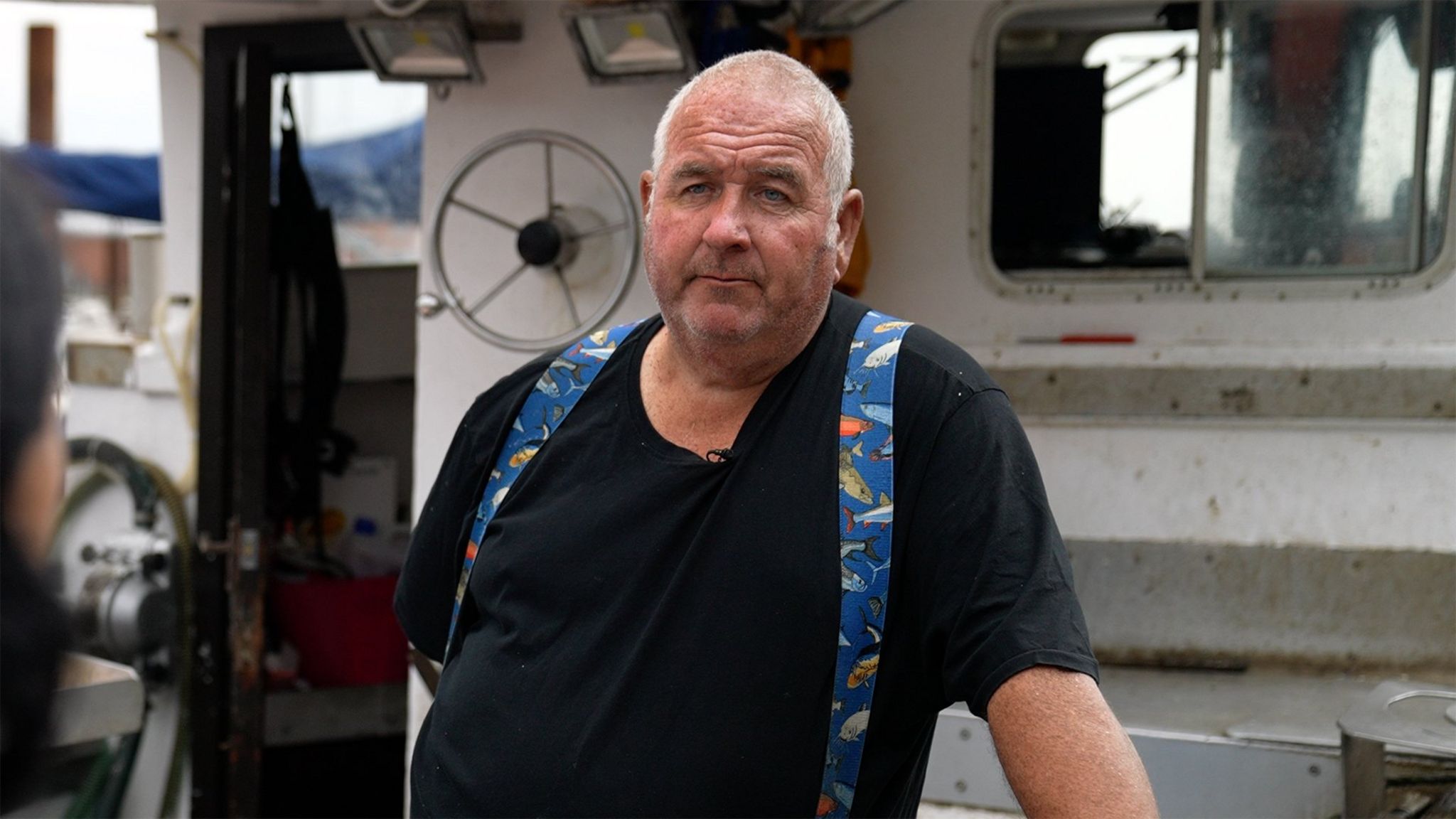
-
-
Bird charity wants urgent probe into marine deaths
-
8 August 2022
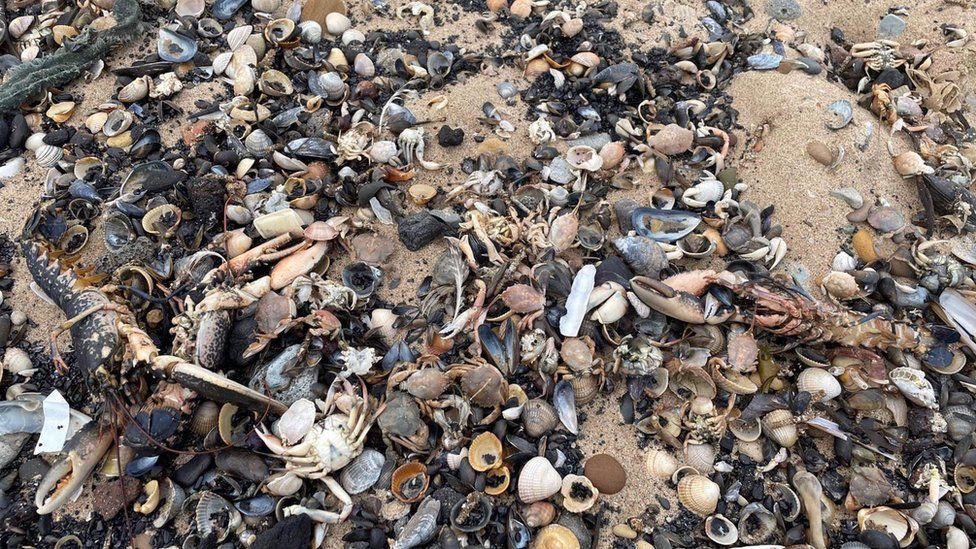
-
-
Expert disputes algae theory over shellfish deaths
-
5 February 2022
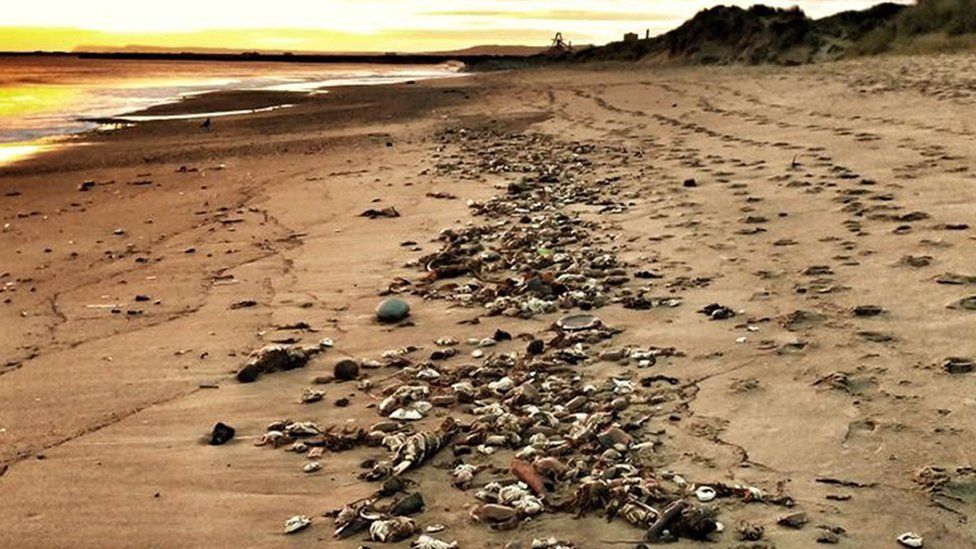
-
-
Mass shellfish deaths blamed on harmful algae
-
3 February 2022

-
-
Fishing trade hit by mystery shellfish deaths
-
21 January 2022
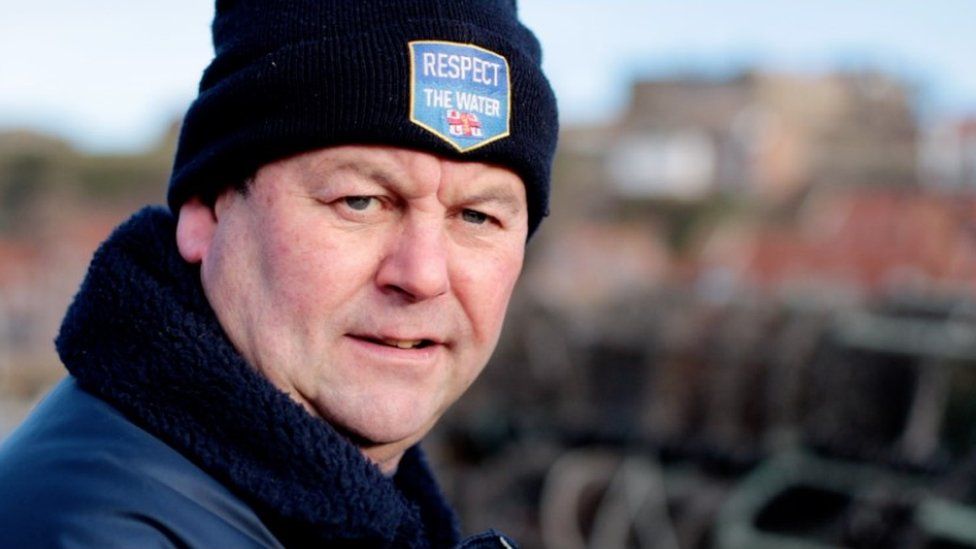
-
-
Crab deaths not caused by sewage or cables – agency
-
4 November 2021

-
-
Inquiry as dead crabs and fish washed up on coast
-
25 October 2021
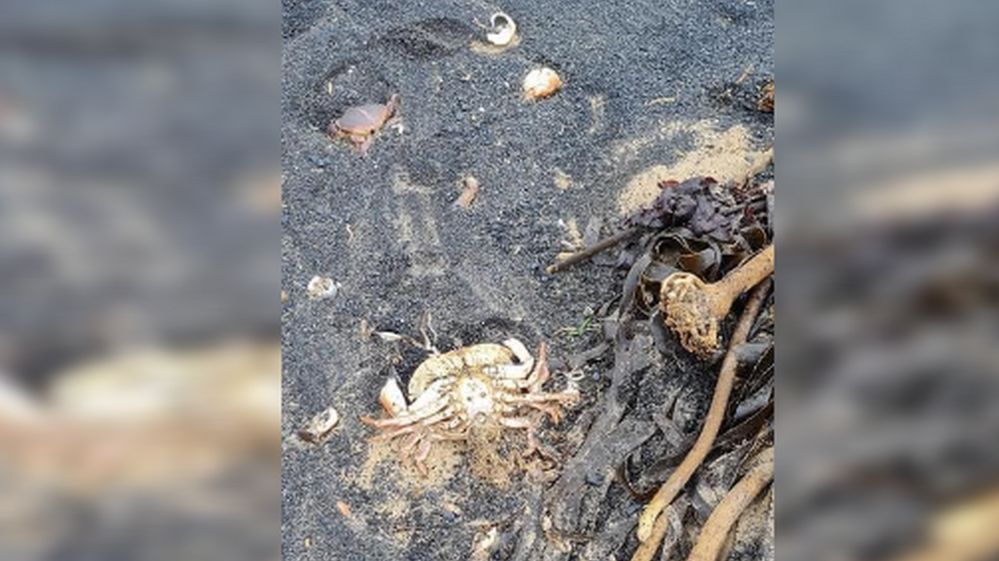
-
Related Internet Links
-
North East Fishing Collective
-
Department for Environment, Food and Rural Affairs
